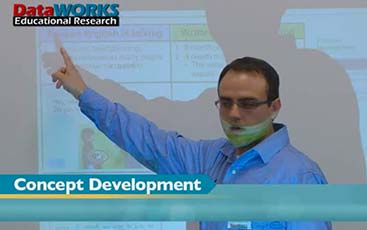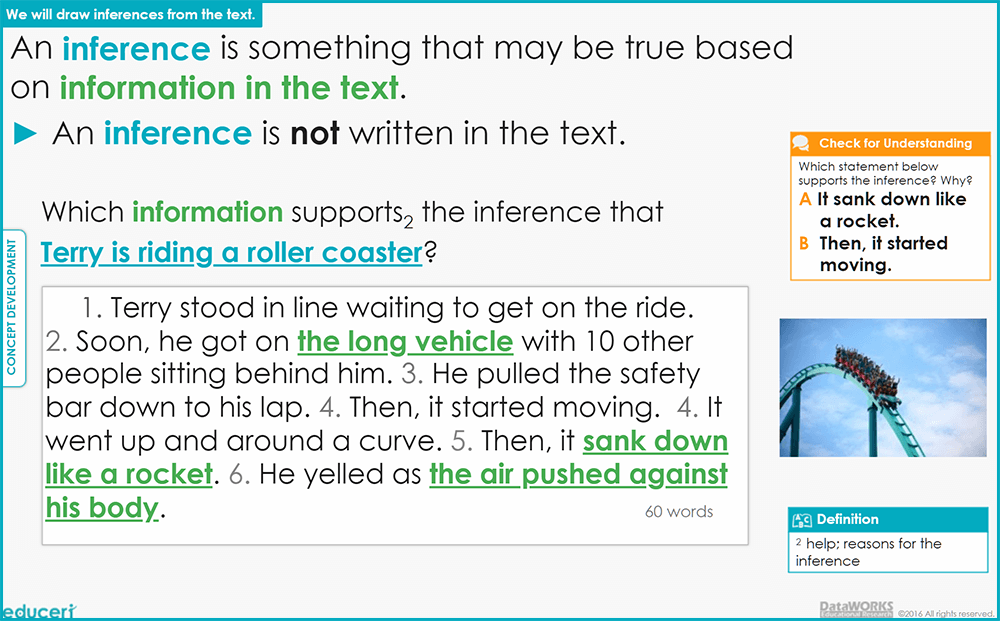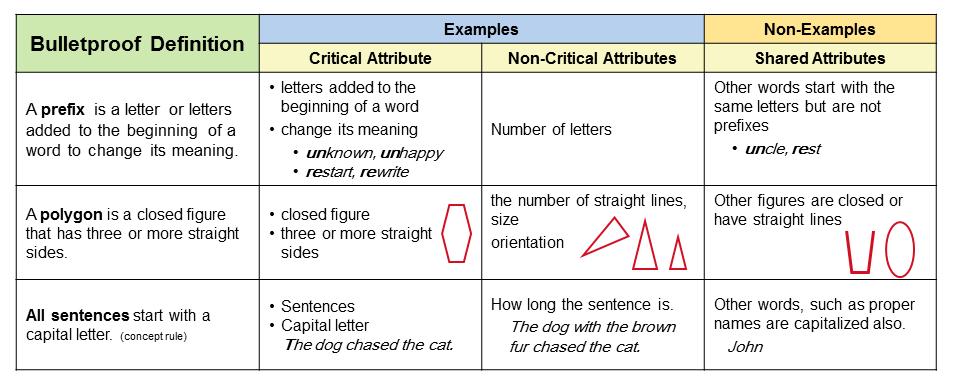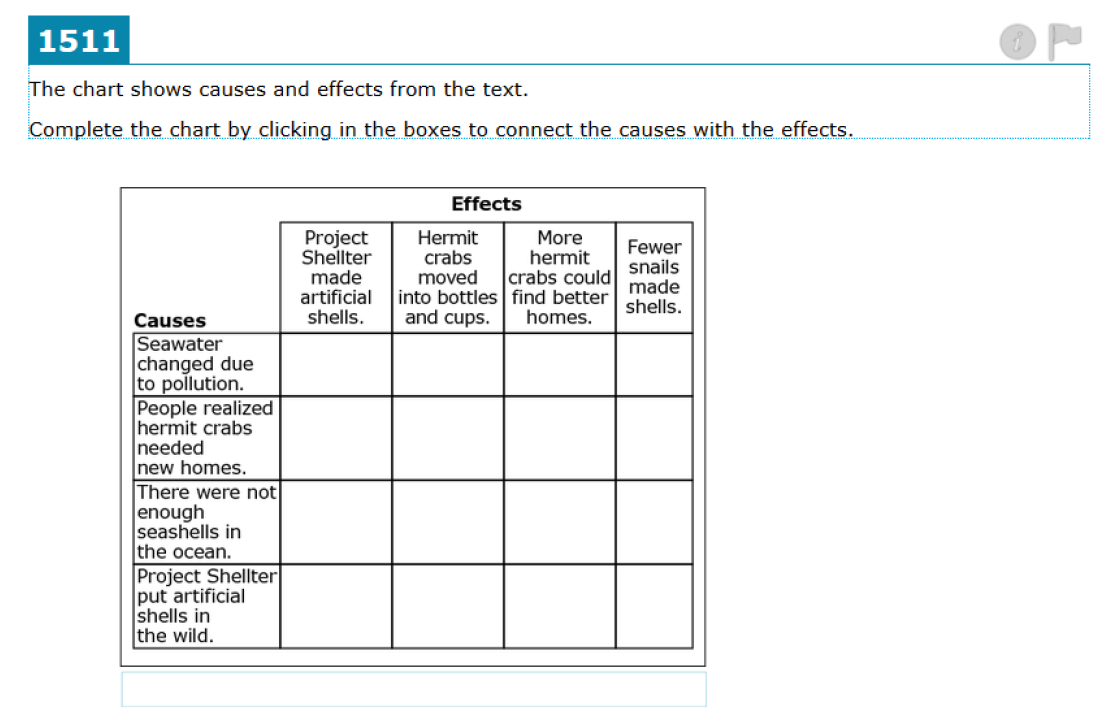
What is Concept Development?
The Concept is the big idea or generalization contained in the Learning Objective. In Concept Development, you explicitly teach the students the concept, what it is, the generalization, the big idea. The Concept includes a written, bulletproof definition, along with examples and non-examples (if applicable).
The Concept should come from the Learning Objective. It is usually the noun in the Learning Objective:
Examples
- Make inferences using information from text.
- Find the volume of a rectangular prism.
- Describe the process of mitosis.
- Describe the checks and balances in the United States Constitution.
Although most concepts are nouns, occasionally they can be a verb such as Add numbers to ten using objects. The concept or big idea, in this case, is that adding is finding out how much you have altogether.
What is included in Concept Development?
The Concept must include a bulletproof definition or a rule that contains the concept’s critical attributes. In addition, examples and non-examples (if applicable) are provided to clarify the concept by revealing critical, non-critical, and shared attributes. Examples are used to emphasize those attributes. Non-examples help clarify the concept or show how some of the concept’s attributes are often shared with other concepts.
A Concept has critical, non-critical, and shared attributes.
-
- Critical attributes are always present.
- Non-critical attributes are sometimes present. Sometimes additional statements or sentences are needed to provide clarity or additional information about the concept.
- Shared attributes are shared with other concepts. It is important to show your students how attributes are shared with other concepts to prevent students from overgeneralizing.
Why is Concept Development Relevant?
Concept Development is important for many reasons:
- Concept Development is important because it forces the teacher to have a very clear understanding and definition of what is being taught, and it provides a written reference for students, especially English Learners.
- Concept Development is important so students can generalize new situations in school and real life. Students need a good foundation at the conceptual level so they can apply the concepts they have learned to new situations. For example, students can calculate how much paint is needed to paint a wall because they immediately recognize that this involves determining area.
- Concept Development is important so students can internalize the generalization as opposed to learning individual instances. For example, teach the rule that Days of the Week are always capitalized. This is a general rule that students can apply to any day of the week instead of individual days being taught separately. According to brain research (Allard 2007), information should be given in generalizations (one hook) as opposed to individual examples (multiple random hooks) in order for the information to be stored in long-term memory. If students are not taught concepts, then the information is not stored in long-term memory.
- Concept Development is relevant because all students should be able to describe the concepts being taught. In the article Putting Students on the Path of Learning by Richard Clark, Paul Kirschner, and John Sweller, students with no relevant concepts in long-term memory will blindly search for solutions for extended periods and learn almost nothing.
- Concepts are tested on state tests and Common Core Assessments. For example, the 5th grade Smarter Balanced Assessment uses the concept main idea in the question. Students will need to know what main idea is in order to select the correct answer.
Citations
Explicit Direct Instruction: The Power of the Well-Crafted, Well-Taught Lesson by John Hollingsworth and Silvia Ybarra
Explicit Direct Instruction for English Learners by John Hollingsworth and Silvia Ybarra
Explicit Direct Instruction® (EDI®) for Common Core Workshop developed by DataWORKS







